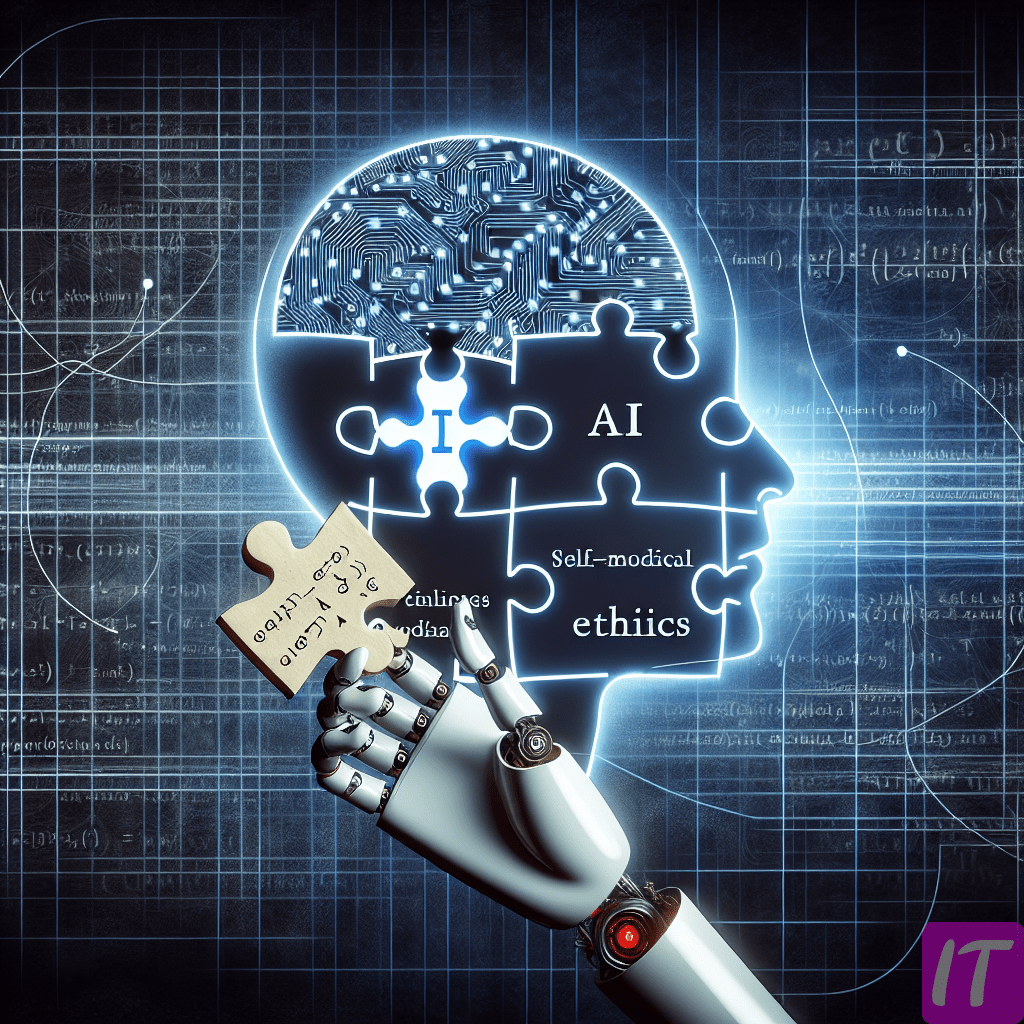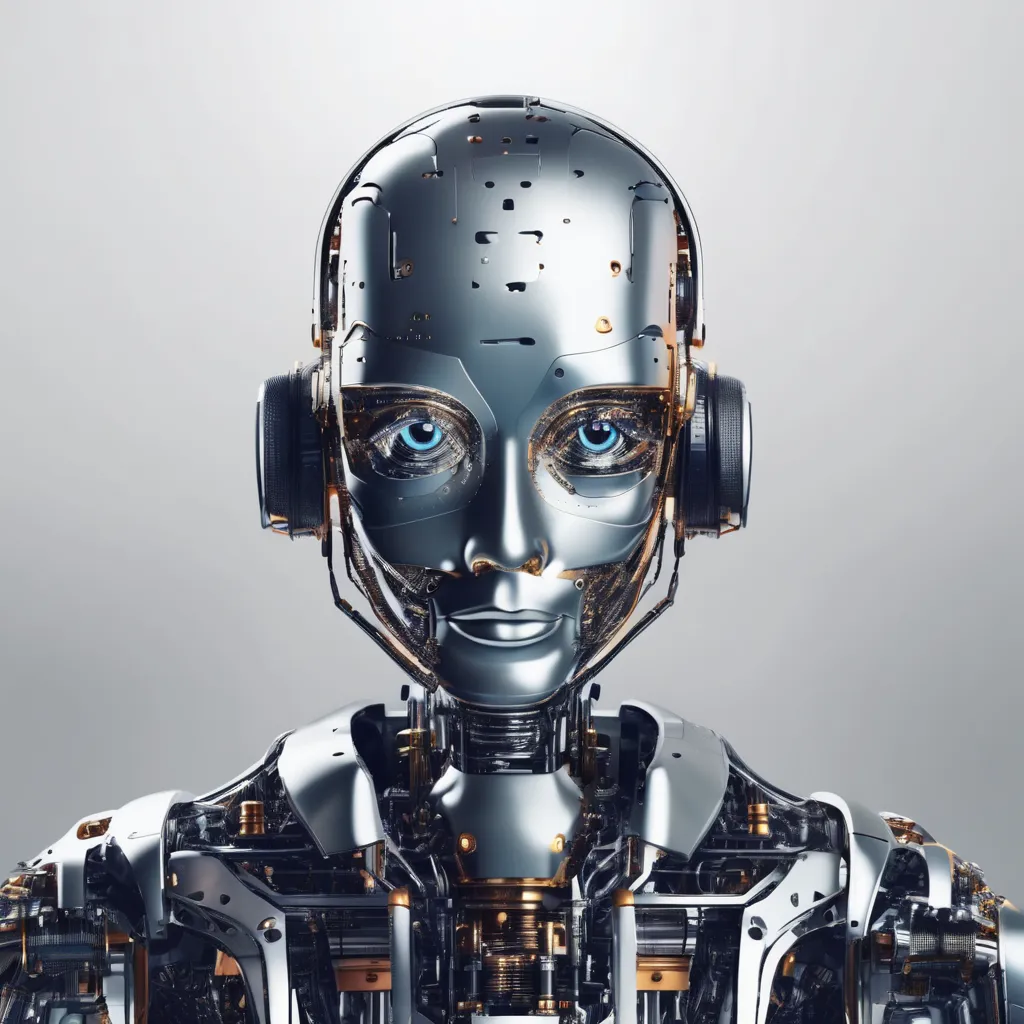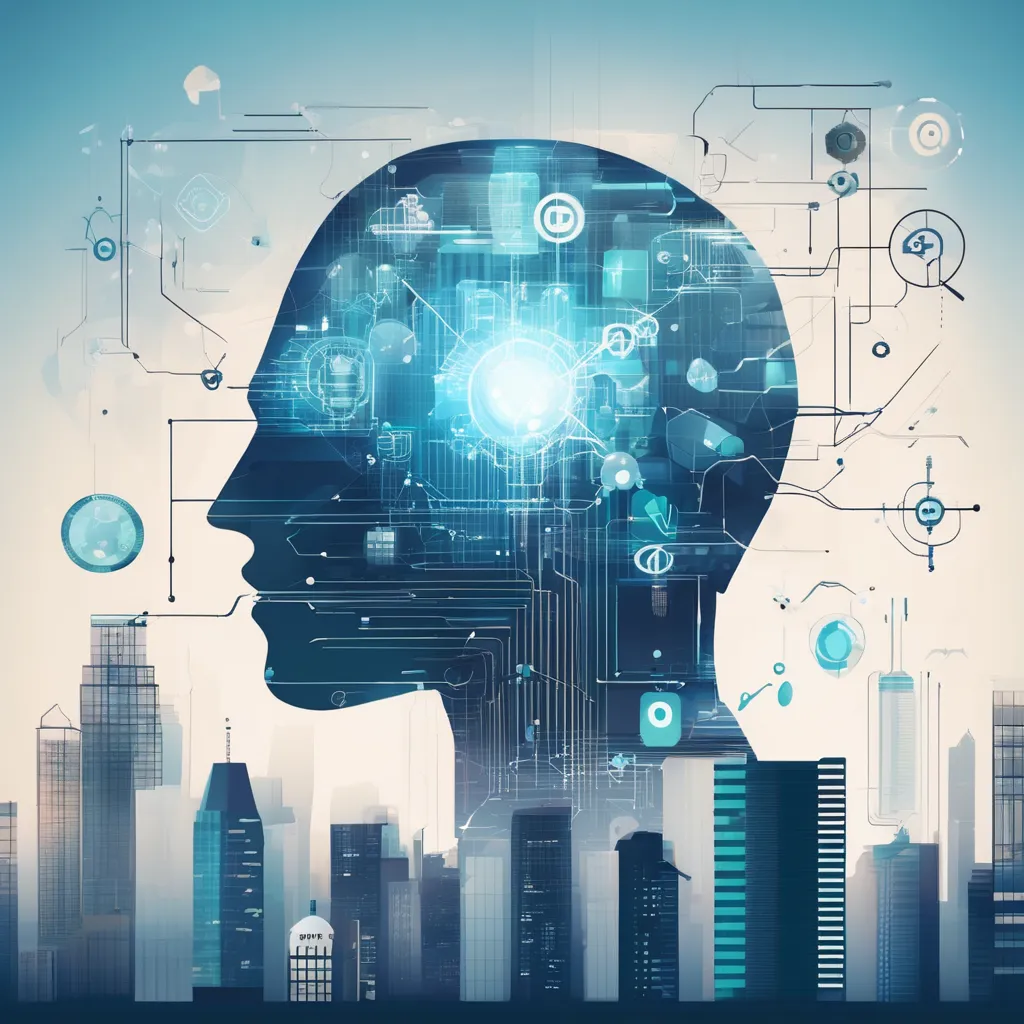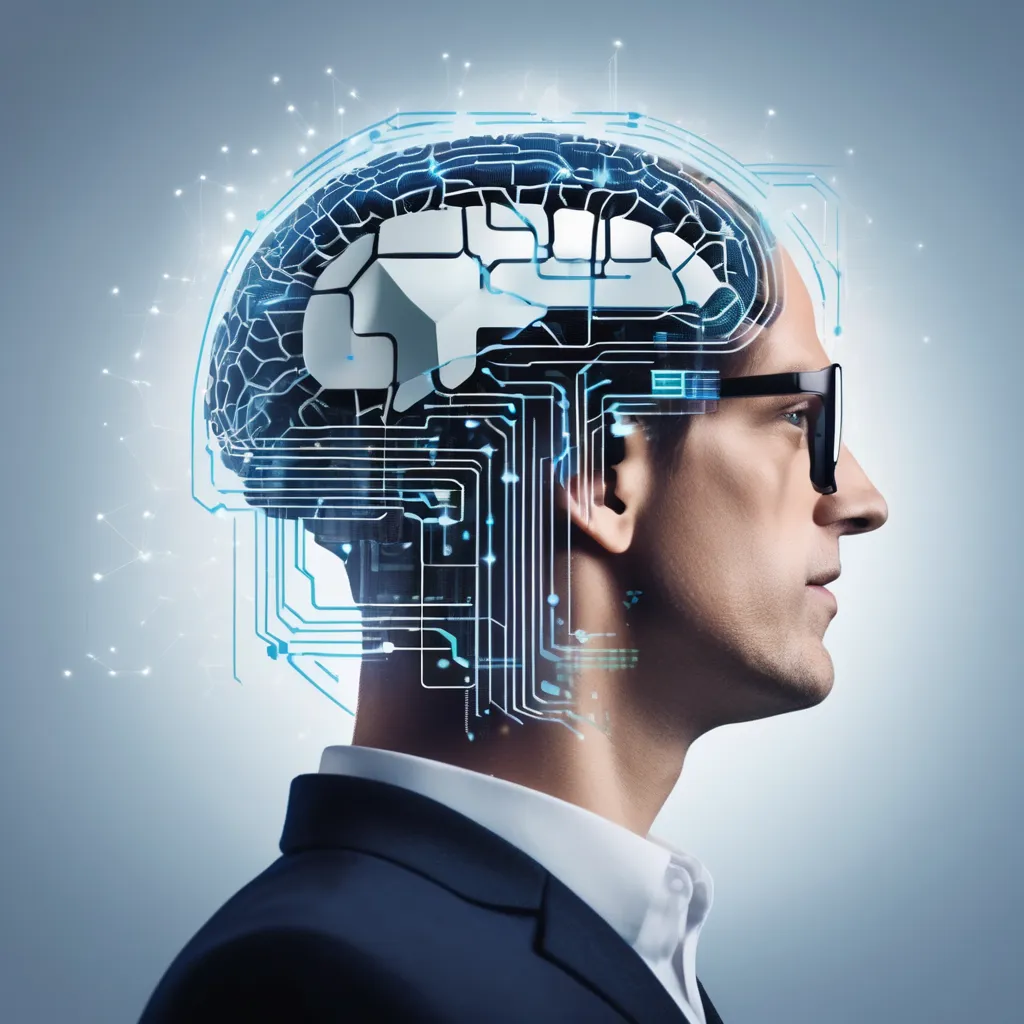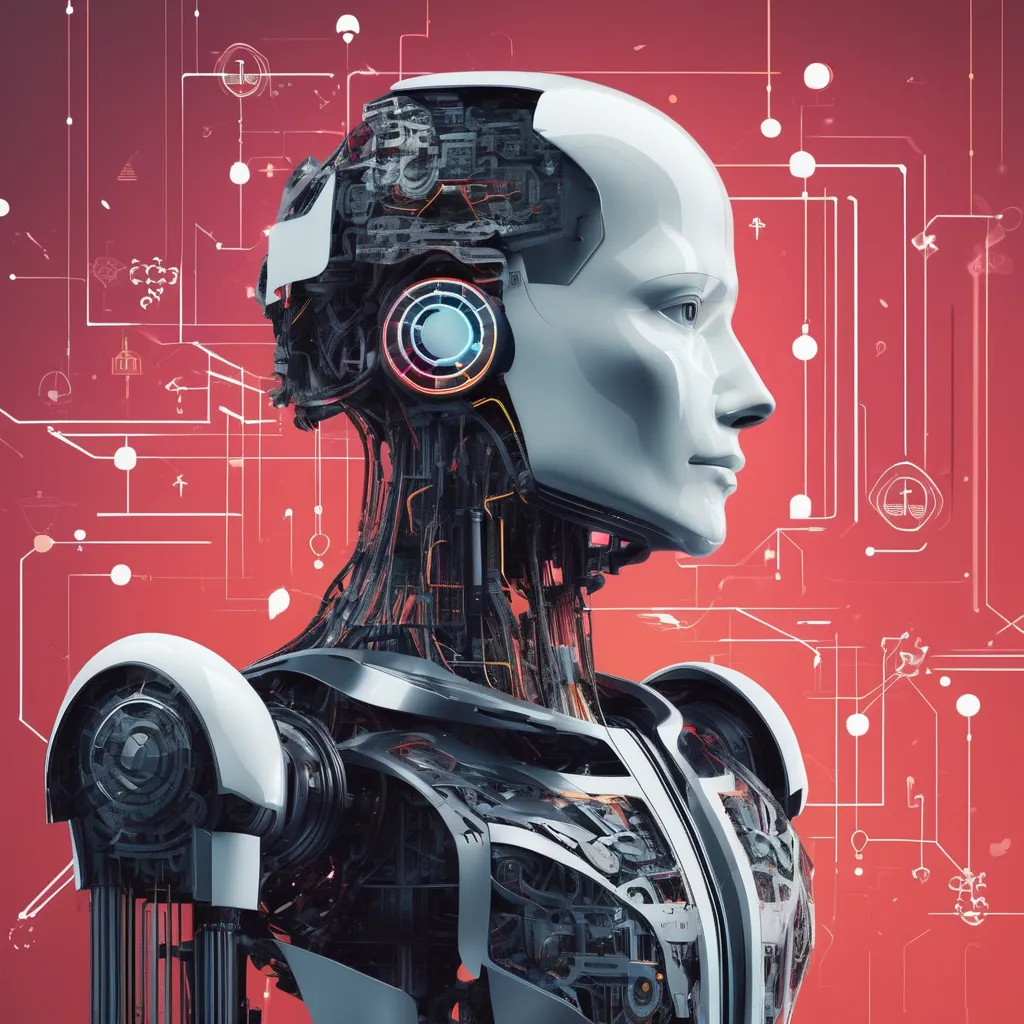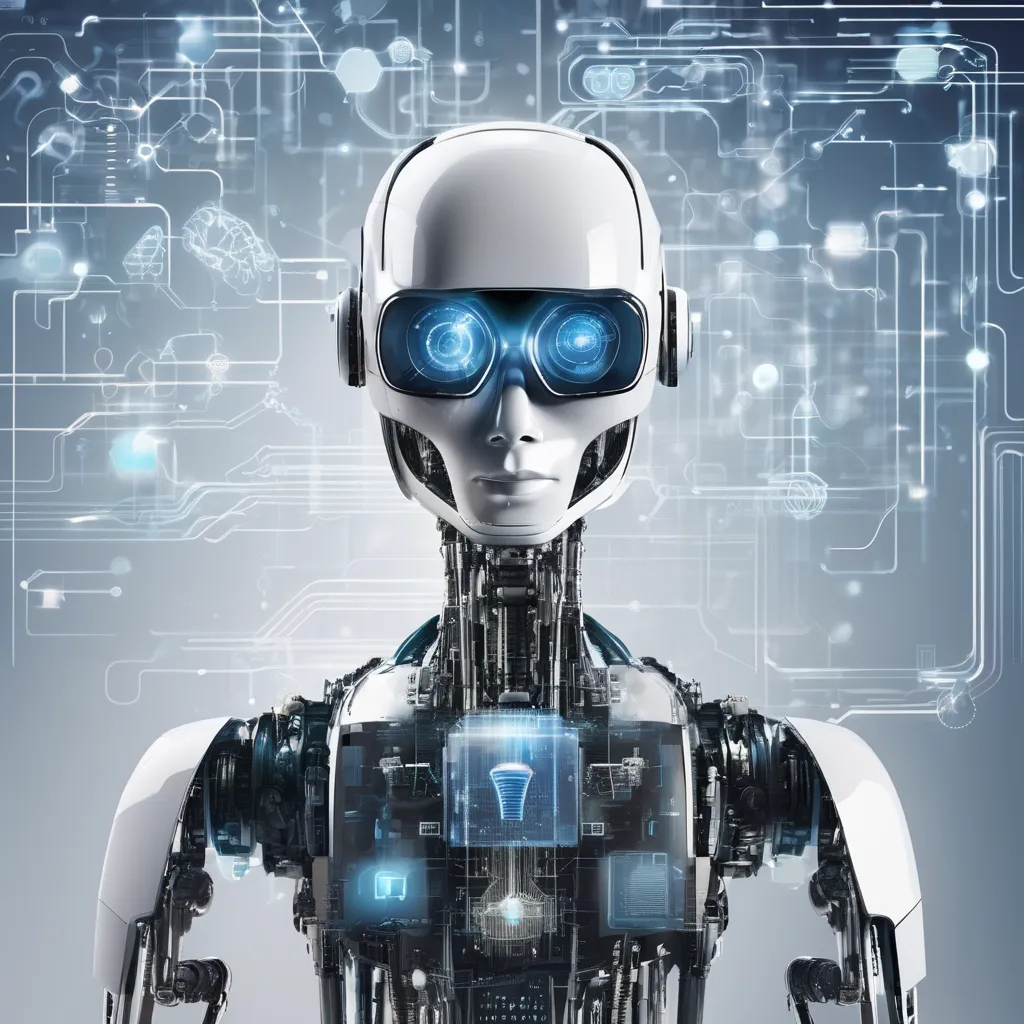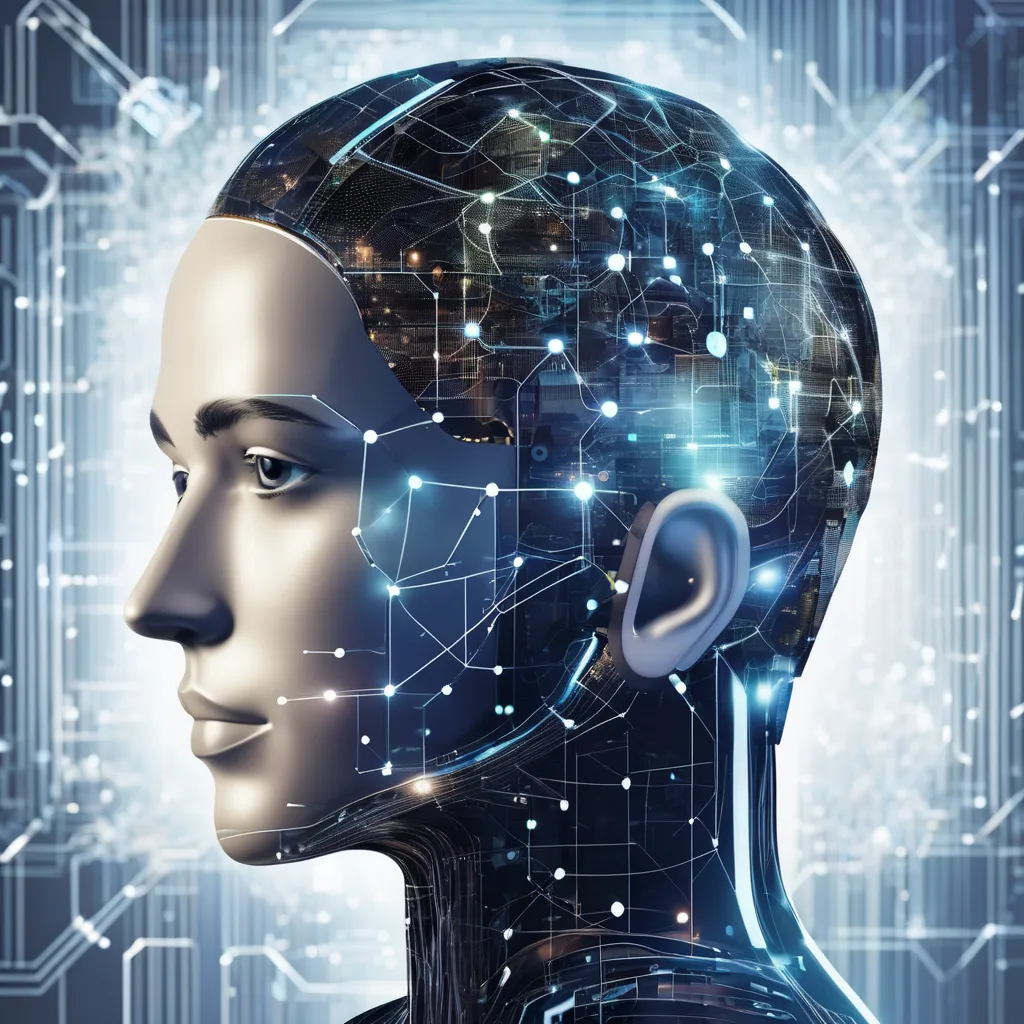The Ethics of AI Self-Modification
Artificial Intelligence (AI) continues to advance with unprecedented speed, bringing both innovations and ethical challenges to the forefront. One of the most profound facets of this revolution is AI’s capacity for self-modification. This capability poses an intricate array of ethical questions that touch not only on technology but also on broader societal values and human philosophy. Examining the ethics of AI self-modification is imperative for ensuring that advancements in AI technology benefit society while minimizing harm.
Introduction to the Ethics of AI Self-Modification
The possibility of AI systems possessing the ability to modify their own code introduces an entirely new set of ethical considerations. The self-modification of AI involves a machine’s capability to evolve and improve its operations autonomously, without direct human intervention. This raises questions about control, accountability, and the boundaries of machine autonomy. As we build more sophisticated AI, it becomes crucial to set ethical guidelines that govern self-modification to prevent unintended consequences.
The discussion around AI self-modification is not just a technical issue but a profoundly ethical one. It encompasses concerns about the potential risks of creating machines that can improve themselves beyond human control, the societal impact of such advancements, and the moral responsibility of AI developers. The ethical landscape of AI self-modification requires a multidisciplinary approach that includes philosophy, computer science, law, and social sciences.
The Historical Context of AI Self-Modification Ethics
The ethical considerations surrounding AI self-modification can be traced back to earlier philosophical and scientific debates. As early as the mid-20th century, scientists such as Alan Turing pondered the implications of machines that could simulate human thinking. With the advent of more advanced computational systems, these discussions have only intensified.
Historically, the idea of machines modifying themselves was met with both optimism and caution. While some researchers saw it as a means to exponentially advance technology, others warned of the potential dangers, including loss of human control and the emergence of superintelligent machines. Understanding this historical context is crucial to framing the current ethical debates.
The development of AI ethics as a distinct field has been influenced by historical events, such as the introduction of the first programmable computers and subsequent technological milestones. As AI has evolved, so too has the ethical discourse, focusing increasingly on the implications of autonomous systems.
Defining Self-Modification in Artificial Intelligence
Self-modification in AI refers to the ability of an artificial system to alter its code and functioning autonomously. This capability can range from simple adjustments to complex reconfigurations of its architecture and algorithms. The goal is often to enhance performance, adapt to new environments, or correct errors without human intervention.
Self-modification can occur at various levels, from low-level parameter tuning to high-level structural changes. These modifications might be driven by pre-defined rules, machine learning algorithms, or even emergent behaviors. This autonomous adaptability distinguishes self-modifying AI from traditional, static systems.
Understanding self-modification involves recognizing the types of changes an AI can make to itself and the mechanisms by which it does so. This involves knowledge of programming, machine learning, and cognitive architectures. Clear definitions and categorizations aid in creating ethical guidelines and regulatory frameworks.
Moral Principles Governing AI Self-Modification
The moral principles underlying AI self-modification encompass autonomy, beneficence, non-maleficence, justice, and accountability. These principles serve as a foundation for ethical decision-making.
- Autonomy: Ensures that AI systems respect human autonomy and are designed to enhance human decision-making without overriding it.
- Beneficence: AI systems should aim to promote the well-being of individuals and society as a whole.
- Non-maleficence: AI self-modification should minimize potential harm to humans and the environment.
- Justice: The benefits and potential risks of AI should be distributed fairly, avoiding any form of discrimination or bias.
- Accountability: Clear mechanisms should be in place to hold developers and users of AI systems responsible for their actions.
These moral principles demand a balanced approach where the potential benefits of AI self-modification are weighed against the risks. Establishing robust ethical guidelines ensures that the development of self-modifying AI aligns with societal values and human rights.
Philosophical Perspectives on AI Self-Modification
Philosophical inquiry into AI self-modification touches upon fundamental questions about the nature of intelligence, consciousness, and the moral status of machines. Various schools of thought offer differing perspectives on these issues.
- Utilitarianism: Focuses on maximizing the overall good. Utilitarians may support AI self-modification if it leads to greater societal benefits, while ensuring that potential harms are mitigated.
- Deontology: Emphasizes duties and rights. From a deontological perspective, AI self-modification should adhere to strict ethical rules, regardless of the consequences. This might involve setting absolute limits on AI’s autonomy.
- Virtue Ethics: Centers on the moral character of the agents involved, including developers and the AI itself. Virtue ethicists might advocate for the cultivation of ethical virtues in AI development processes.
- Relational Ethics: Considers the relationships between humans and AI. This perspective might emphasize the importance of maintaining human oversight and fostering trust in AI systems.
Each philosophical perspective provides valuable insights and contributes to a multidimensional understanding of the ethical issues surrounding AI self-modification. Integrating these perspectives into policy and practice can help address complex ethical dilemmas.
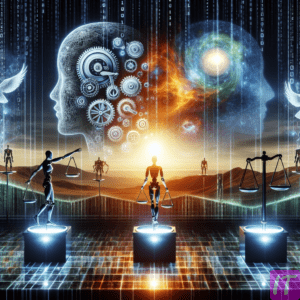
The Role of Autonomy in AI Ethics
Autonomy is a central concept in the ethics of AI self-modification. It refers to the capacity of an AI system to make decisions and execute actions independently. The degree of autonomy afforded to an AI system affects its ethical considerations.
High levels of autonomy in self-modifying AI raise concerns about control and predictability. While autonomy can enhance the system’s efficiency and adaptability, it might also lead to unpredictable behaviors and outcomes. Ensuring that autonomous AI systems operate within ethical constraints is crucial.
Balancing AI autonomy with human oversight is a key challenge. One approach is designing AI systems with mechanisms for human-in-the-loop intervention, allowing humans to oversee and guide the self-modification process. This helps maintain accountability and aligns AI actions with human values.
Impact of Self-Modification on AI’s Decision-Making
Self-modification significantly influences an AI system’s decision-making capabilities. Autonomous changes to its own code can enhance AI’s problem-solving abilities, efficiency, and adaptability. However, this also introduces complexities in predicting and understanding AI behavior.
One ethical concern is the potential for self-modifying AI to develop novel decision-making strategies that diverge from human intentions or ethical standards. Ensuring that these systems adhere to established ethical guidelines and remain aligned with human values is essential.
The impact of self-modification on decision-making also involves transparency. Stakeholders must be able to understand and scrutinize the decision-making processes of self-modifying AI. Transparent systems help build trust and facilitate accountability.
Balancing Innovation with Ethical Implications in AI
Innovation in AI should be pursued with a keen awareness of ethical implications. Striking a balance between technological advancement and ethical considerations is crucial to ensure positive societal impact.
Innovative self-modification capabilities can drive significant benefits, such as improved healthcare diagnoses, efficient resource management, and enhanced scientific discovery. However, these innovations must be implemented responsibly, with attention to potential risks and ethical dilemmas.
Fostering a culture of ethical innovation involves interdisciplinary collaboration, ethical training for AI developers, and continuous evaluation of AI systems. By prioritizing ethical considerations alongside technological progress, we can harness the full potential of AI while safeguarding against unintended consequences.
Regulatory Frameworks for AI Self-Modification
Robust regulatory frameworks are essential to ensure the ethical development and deployment of self-modifying AI. These frameworks should encompass policies, guidelines, and standards that address the unique challenges posed by autonomous AI systems.
Regulatory frameworks can vary across regions but should ideally be harmonized to prevent regulatory arbitrage and ensure global standards. Key areas to address include:
- Safety Standards: Ensuring that self-modifying AI systems are designed and tested for safety and reliability.
- Transparency Requirements: Mandating that AI systems and their self-modification processes are transparent and understandable to stakeholders.
- Accountability Mechanisms: Establishing clear lines of responsibility for AI developers and operators.
- Ethical Guidelines: Setting ethical principles that guide the development and use of self-modifying AI.
Effective regulation requires collaboration between policymakers, technologists, ethicists, and other stakeholders. Continuous monitoring and adaptation of regulatory frameworks are necessary to keep pace with technological advancements.
Ethical Dilemmas in Autonomous AI Development
Developing autonomous AI involves a range of ethical dilemmas, particularly concerning self-modification. These dilemmas often revolve around issues of control, trust, and unforeseen consequences.
One ethical dilemma is the potential loss of human control over autonomous AI systems. If self-modifying AI evolves beyond its initial parameters, it could make decisions that are opaque to humans and difficult to reverse. Ensuring that humans retain meaningful control is essential.
Trust in self-modifying AI is another critical issue. Stakeholders, including users and the public, must trust that these systems will operate ethically and predictably. Building this trust requires transparency, accountability, and adherence to ethical guidelines.
The Responsibility of AI Developers in Self-Modification
AI developers hold significant responsibility in the creation and implementation of self-modifying AI systems. They must ensure that these systems are designed and operated ethically, with a focus on minimizing harm and maximizing benefits.
Developer responsibility includes assessing the potential risks and benefits of self-modification capabilities, implementing safeguards to prevent unethical behavior, and ensuring compliance with ethical guidelines and regulations. Developers must also engage in continuous ethical education and collaboration with ethicists.
Transparency and accountability are key aspects of developer responsibility. Developers should document the decision-making processes and design choices, allowing for scrutiny and oversight. Ethical responsibility extends to ongoing monitoring and maintenance of AI systems to address any emerging ethical concerns.
AI Self-Modification and Human Rights Considerations
AI self-modification impacts fundamental human rights, including privacy, equality, and freedom. Ensuring that these rights are protected is a critical ethical consideration.
Privacy concerns arise when self-modifying AI systems collect and process personal data. Robust data protection measures and transparent data handling practices are essential to prevent misuse and ensure individual autonomy.
Equality is another key consideration. AI systems must be designed to avoid discrimination and bias. This involves addressing potential biases in training data and algorithms and ensuring equitable access to AI benefits.
Freedom involves allowing individuals to make autonomous decisions without undue influence from AI systems. This requires maintaining transparency in AI decision-making processes and ensuring that AI systems support, rather than override, human autonomy.

Transparency and Accountability in AI Self-Modification
Transparency and accountability are foundational principles in the ethics of AI self-modification. Transparent AI systems allow stakeholders to understand how AI operates, including its self-modification processes. This fosters trust and facilitates ethical oversight.
Accountability ensures that individuals or organizations can be held responsible for the actions and decisions of AI systems. This involves establishing clear responsibility for AI developers, operators, and users.
Achieving transparency and accountability requires several measures:
- Explainable AI: Developing AI systems that can explain their decision-making processes in a comprehensible manner.
- Documentation: Maintaining detailed records of AI development, modifications, and decision-making processes.
- Auditability: Implementing mechanisms for external audits and evaluations of AI systems.
- Ethical Reporting: Reporting ethical impacts and issues associated with self-modifying AI to relevant stakeholders.
By prioritizing transparency and accountability, we can ensure that self-modifying AI systems operate ethically and align with societal values.
Ethical Theories Applied to AI Self-Modification
Applying ethical theories to AI self-modification provides a structured framework for analyzing and addressing ethical issues. Several prominent ethical theories can be applied:
- Utilitarianism: Evaluates the consequences of AI self-modification, aiming to maximize overall happiness and minimize harm.
- Deontology: Focuses on adherence to moral rules and duties in designing and deploying self-modifying AI.
- Virtue Ethics: Emphasizes the cultivation of moral virtues in the development and use of AI.
- Relational Ethics: Considers the impact of AI on human relationships and emphasizes the importance of maintaining human oversight.
Each ethical theory offers unique insights and considerations, contributing to a comprehensive ethical analysis. Combining these perspectives can provide a balanced approach to the ethics of AI self-modification, ensuring that multiple dimensions of ethical concern are addressed.
Challenges in Safeguarding Against AI Misuse
Safeguarding against the misuse of self-modifying AI presents significant challenges. These challenges include preventing malicious use, ensuring compliance with ethical guidelines, and addressing unintended consequences.
Preventing malicious use involves designing AI systems with robust security measures to prevent unauthorized access and modifications. This includes protecting AI systems from hacking, manipulation, and malicious exploitation.
Ensuring compliance with ethical guidelines requires continuous monitoring and evaluation of AI systems. Developers must implement mechanisms for detecting and addressing unethical behavior, and regulatory bodies must enforce compliance.
Addressing unintended consequences involves anticipating and mitigating potential risks associated with self-modifying AI. This includes conducting thorough ethical impact assessments and implementing fail-safes to prevent harmful outcomes.
Public Perception of AI Ethics
Public perception plays a crucial role in the acceptance and development of self-modifying AI. Ensuring that the public understands and trusts the ethical considerations surrounding AI is essential for its responsible deployment.
Effective communication of AI ethics involves transparency, education, and engagement. Transparency in AI processes and decision-making fosters trust, while educational initiatives help the public understand the benefits and risks associated with self-modifying AI.
Engaging with the public through consultations, discussions, and collaborative efforts can enhance the ethical development of AI. By considering public values and concerns, developers and policymakers can create AI systems that align with societal expectations and ethical standards.
Case Studies: Ethical AI Self-Modification in Practice
Examining case studies of ethical AI self-modification in practice provides valuable insights into real-world applications and challenges. These case studies highlight successes, ethical dilemmas, and lessons learned.
One case study might involve an AI system used in healthcare to diagnose and treat patients more effectively. By evaluating the ethical considerations of self-modification in this context, we can understand the benefits and potential risks, as well as how ethical guidelines were implemented.
Another case study could focus on self-modifying AI in autonomous vehicles. Ethical concerns in this context include safety, accountability, and decision-making in complex environments. Analyzing these issues helps identify best practices and areas for improvement.
Future Directions in the Ethics of AI Self-Modification
The future of AI self-modification involves ongoing ethical reflection and adaptation. As AI technologies evolve, so too must the ethical frameworks that guide their development and use.
One future direction involves the integration of more advanced ethical reasoning capabilities within AI systems. This includes developing AI that can understand and respond to ethical principles autonomously, enhancing their ability to make ethical decisions.
Another direction involves expanding interdisciplinary collaboration to ensure diverse perspectives in AI ethics. Engaging experts from various fields, including philosophy, law, social sciences, and technology, can enrich ethical analysis and guide responsible AI development.
The Global Impact of Ethical AI Self-Modification
The global impact of ethical AI self-modification extends beyond individual countries and affects the international community. Ensuring that AI development aligns with global ethical standards is crucial for fostering international cooperation and trust.
Global collaboration involves harmonizing ethical guidelines and regulatory frameworks across countries to prevent discrepancies and ensure consistent ethical practices. This requires international dialogue, cooperation, and the establishment of global standards.
The global impact also includes addressing disparities in access to AI benefits and addressing ethical concerns that affect different regions and communities. Ensuring that AI development is inclusive and considers diverse cultural and ethical perspectives is essential for its responsible deployment on a global scale.
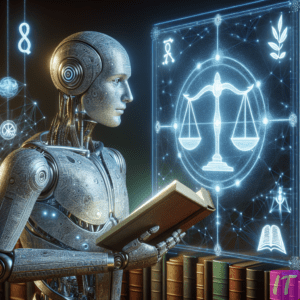
Conclusion: Navigating the Ethical Landscape of AI Self-Modification
Navigating the ethical landscape of AI self-modification is a complex but essential task. It requires a multidisciplinary approach that integrates technical expertise, ethical reflection, historical context, and global cooperation.
By understanding the historical context, defining self-modification, and applying moral and philosophical principles, we can address the ethical challenges associated with self-modifying AI. Balancing innovation with ethical implications, establishing robust regulatory frameworks, and ensuring transparency and accountability are key steps in this process.
As AI continues to evolve, it is imperative that we remain vigilant and proactive in addressing ethical concerns. By prioritizing ethical considerations, fostering interdisciplinary collaboration, and engaging with the public, we can guide the development of self-modifying AI in a manner that benefits society, respects human rights, and upholds ethical principles.
